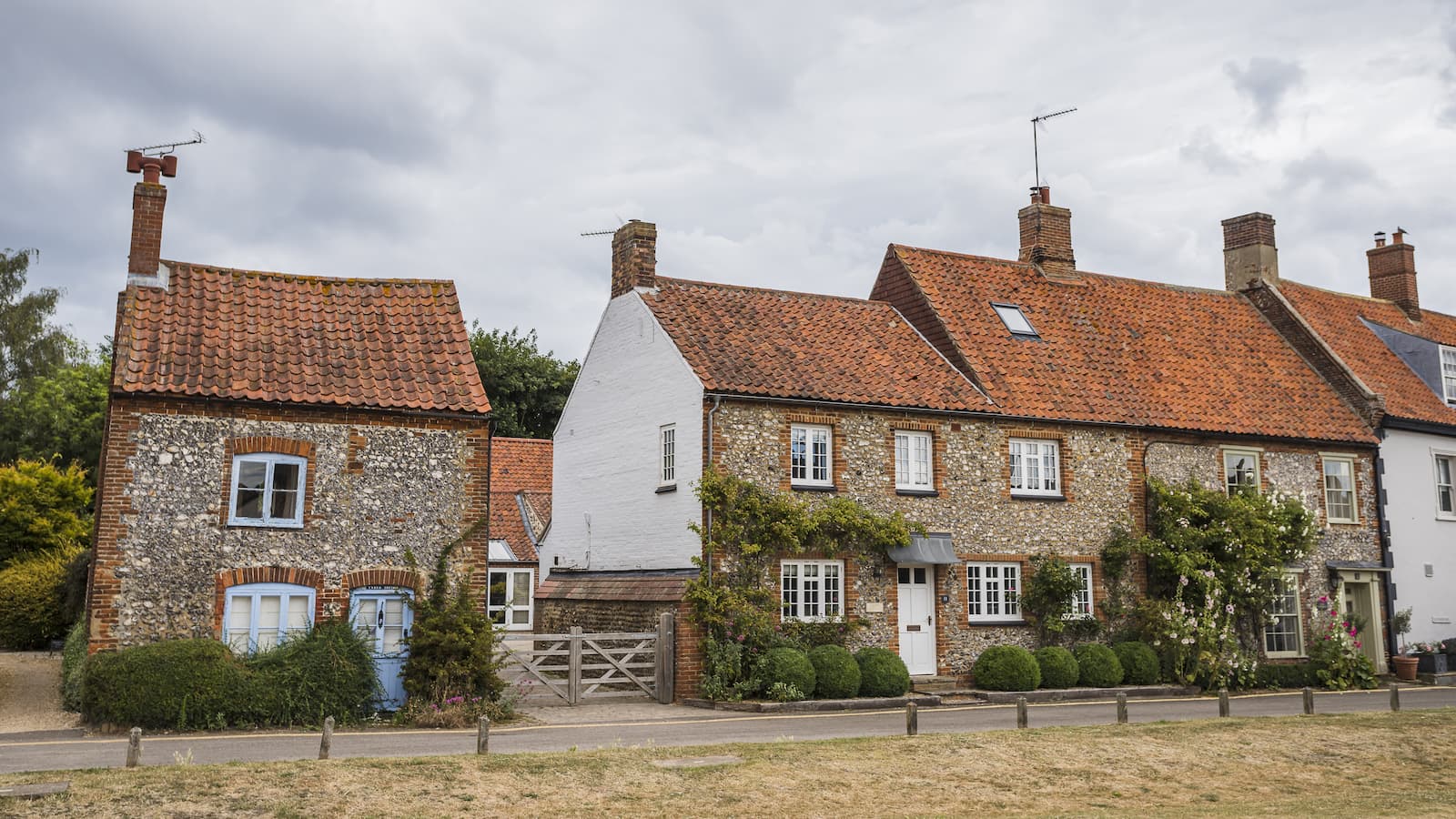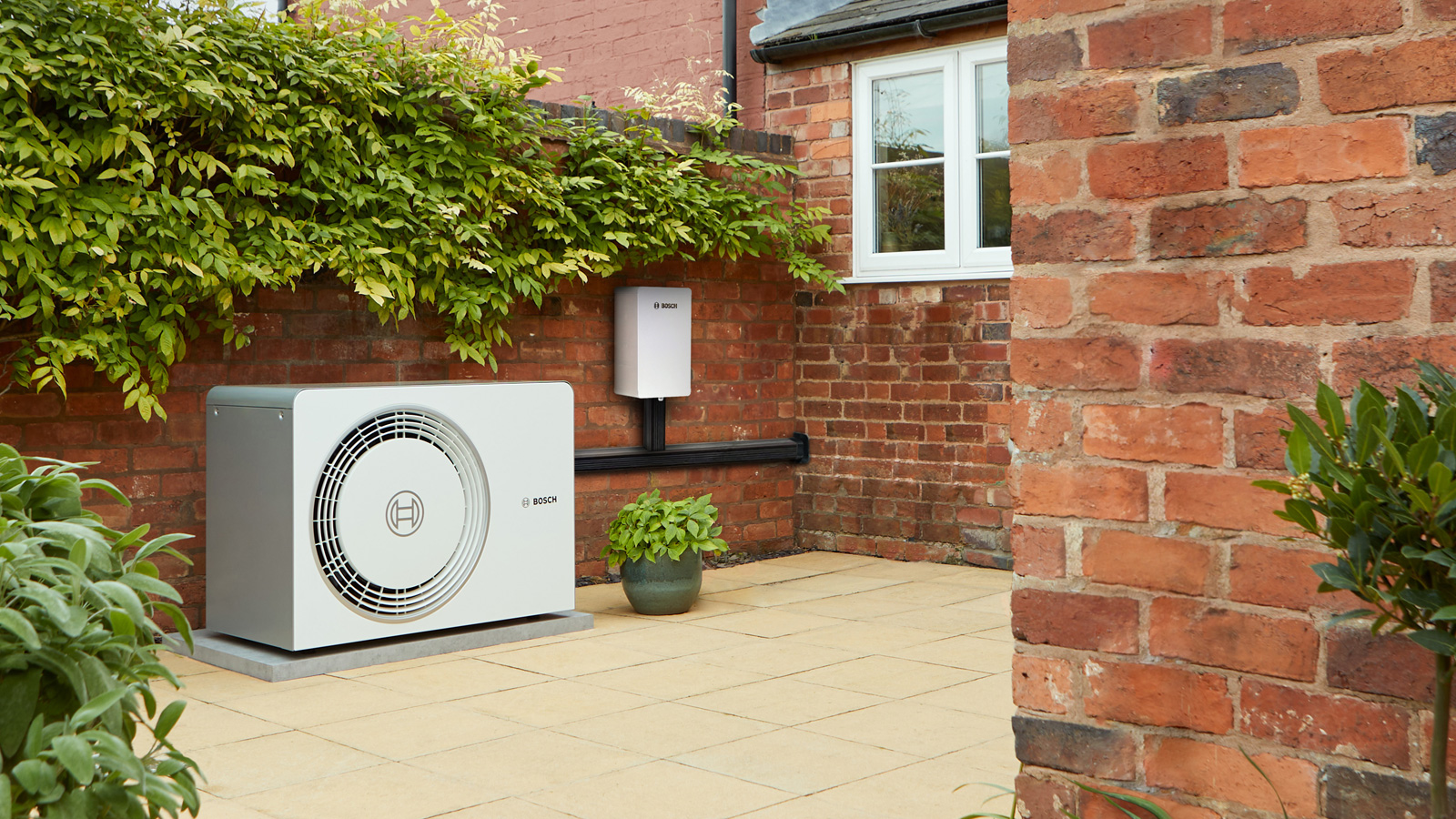Norfolk villagers face compulsory purchase orders for their homes to make way for large solar farms
Norfolk villagers furious as a massive solar farm proposal threatens their homes and agricultural land

Norfolk residents face an uncomfortable clash: their homes could be acquired for the proposed East Pye Solar Project, a vast 2,500-acre development vital for national climate targets.
The situation highlights a growing tension where the pursuit of green energy, like solar panel farms, directly impacts local communities and the rural environment.
Locals, who often support renewable power, are now challenging whether sacrificing homes and productive land is the truly "green" path forward.
The human cost of green energy
Dozens of residents, including 89-year-old Yvonne Davy, received letters from the developer's lawyers stating their properties "may be required."
Davy, a solar panel owner herself, felt "absolutely appalled," vowing, "They'll get my property over my dead body."
Beyond potential acquisition, families worry about their quality of life. Chris Humphrey, whose home would be surrounded by 3.5-metre-high panels, stated, "I'm completely for solar panels... but it has to be on rooftops and not on fields."
Another resident Joanna Young said "it only powers 115,000 homes! What a waste of land. One small nuclear reactor could power 1,000,000 homes and only requires a handful of acres".
Bring your dream home to life with expert advice, how to guides and design inspiration. Sign up for our newsletter and get two free tickets to a Homebuilding & Renovating Show near you.
Hempnall Parish Council Chairman David Hook expressed fears of the "industrialisation of large areas of attractive, tranquil countryside," calling it a "precious national asset."
Farmland vs solar power
The East Pye project, intended to power 115,000 homes, is part of a larger trend of massive solar proposals in Norfolk.
Resident Robert Eagle questioned the project's vast scale, reportedly "10 times larger than the next biggest solar farm in the UK," asking, "Where is the food going to come from?"
Norfolk County Council leader Kay Mason Billig echoed this, condemning the "creeping abuse" of countryside and valuable agricultural land. The Campaign to Protect Rural England (CPRE) advocates for solar on "rooftops... not on productive agricultural land and open landscapes."
While the solar industry points to biodiversity benefits, the sheer scale of Norfolk's proposed farms underlines a significant conflict between energy goals and rural preservation.
Developer claims under fire
Developer Island Green Power calls their letters a "statutory obligation" and states they aim to avoid a compulsory purchase order.
However, locals report feeling "harassed" by phone calls, questioning the developer's approach. David Hook also highlighted a key discrepancy: the developer claims East Pye is "crucial for meeting climate targets to triple solar power by 2030," yet its grid connection date is reportedly for 2031.
With three-quarters of initial consultation respondents opposing the plan, and concerns about developer tactics, East Pye exemplifies the complex challenges of the UK's net-zero transition impacting local communities.

News Editor Joseph has previously written for Today’s Media and Chambers & Partners, focusing on news for conveyancers and industry professionals. Joseph has just started his own self build project, building his own home on his family’s farm with planning permission for a timber frame, three-bedroom house in a one-acre field. The foundation work has already begun and he hopes to have the home built in the next year. Prior to this he renovated his family's home as well as doing several DIY projects, including installing a shower, building sheds, and livestock fences and shelters for the farm’s animals. Outside of homebuilding, Joseph loves rugby and has written for Rugby World, the world’s largest rugby magazine.

